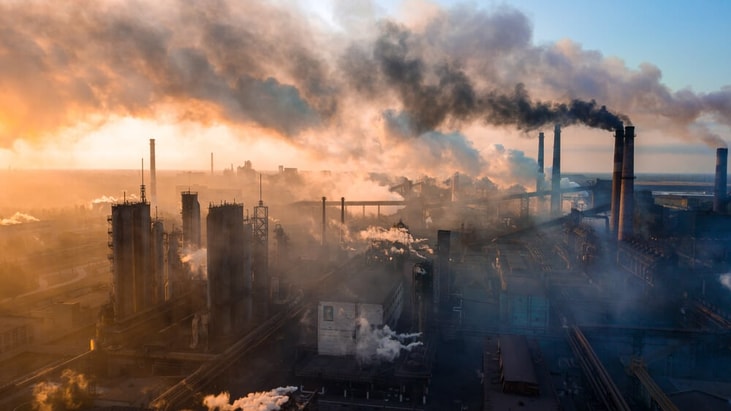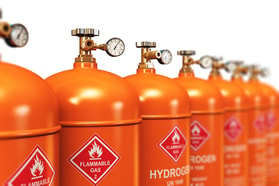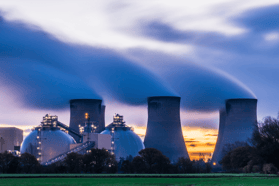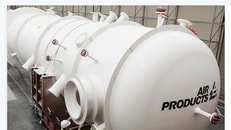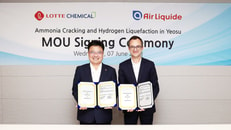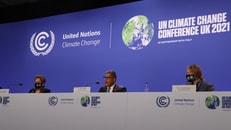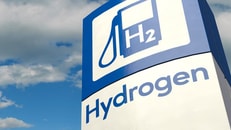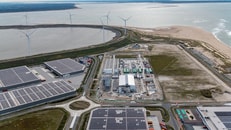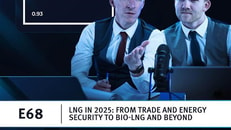Korea pilot project will turn steel emissions into syngas
South Korean steel manufacturer Posco Holdings and chemical company LG Chem are to pilot carbon capture and utilisation technology that converts CO2 from steelmaking into synthetic gas for reuse in industrial processes.
The demonstration project, part of South Korea’s national CCU Mega Project, will see CO2 captured at Posco’s Pohang steelworks and processed using LG Chem’s dry methane reforming technology.
Dry methane reforming combines CO2 and methane to produce synthetic gas, or syngas – a mixture of carbon monoxide and hydrogen – which can be used as a reducing agent in steel production or as a feedstock in chemical manufacturing, including plastics and fuels. Methane is likely to be supplied from natural gas or other industrial sources.
The pilot will begin with a design phase in 2026, followed by construction in 2028 and demonstration operations through to 2030. Posco will lead the project, with technical support from LG Chem and a consortium of national research institutions including Postech, Seoul National University, and the Korea Research Institute of Chemical Technology.
... to continue reading you must be subscribed

